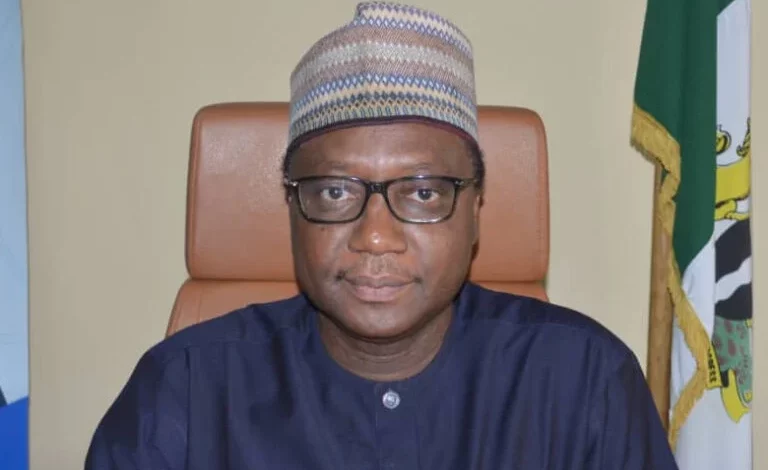RMAFC considering upward review of salaries of political officeholders


The Revenue Mobilisation Allocation and Fiscal Commission (RMAFC) is considering a review of the salaries of political officeholders.
By the Act enabling it, the RMAF is tasked with determining the remuneration of political officeholders, including the president, vice-president, governors, deputy governors, ministers, commissioners, special advisers, legislators, and other officials listed under sections 84 and 124 of the constitution.
The remuneration package of political officeholders was reportedly last adjusted in 2008.
When Bola Tinubu became president in May 2023, plans were put in motion to review the remuneration. However, the move was suspended in September of the same year due to “economic challenges”.
Speaking at a press conference in Abuja, , chairman of RMAFC,Mohammed Shehu stated that the salaries of political officeholders are not in consonance with current realities.
“You are paying the president of the Federal Republic of Nigeria N1.5 million a month, with a population of over 200 million people. Everybody believes that it is a joke,” said Shehu
“You cannot pay a minister less than N1 million per month since 2008 and expect him to put in his best without necessarily being involved in some other things.
“You pay either a CBN governor or the DG 10 times more than you pay the president.
“That is just not right. Or you pay him [the head of an agency] twenty times higher than the attorney-general of the federation. That is absolutely not right.
“It is about time that people like you and others should support the commission to come up with reasonable living salaries for ministers, DGs, and the president.”
Shehu said RMAFC has begun reviewing Nigeria’s revenue allocation formula among the federal, state, and local governments.
“In line with this constitutional responsibility and in response to the evolving socio-economic, political and fiscal realities of our nation, the commission has resolved to initiate the process of reviewing the revenue allocation formula to reflect emerging socio-economic realities,” said Shehu..
He further said that the present reality has made it imperative to re-evaluate the structure of fiscal federalism to foster economic growth in individual states, in order to enable them become independent of the central government, and ensure equity, responsiveness, and sustainability.




